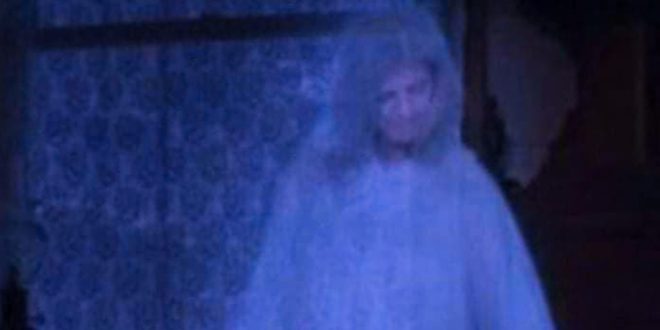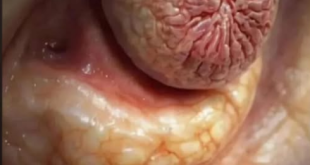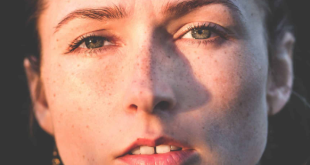At some point in our lives, we all experience the loss of someone dear to us. The impact of such a loss can be profound and long-lasting, affecting us in ways we never anticipated.
One common phenomenon after losing a loved one is having dreams featuring the deceased. These dreams may have meanings we never considered, as our subconscious mind takes control during sleep. The presence of a departed loved one in our dreams can be both comforting and confusing.
Coping with grief is a unique and personal journey for each individual. Some may cry openly, while others may withdraw into themselves or avoid discussing their feelings. However, dreaming of lost loved ones is a shared experience that can offer insight into our emotional state and serve as a reminder of the deep connections we had with them.

Dreams can sometimes involve messages from deceased loved ones, a phenomenon known as visitation dreams. Patrick McNamara, an associate professor at Boston University, has explored this concept in depth. He explains that visitation dreams occur when a deceased person appears to the dreamer as if they were still alive.
McNamara, who also writes for Psychology Today under the pseudonym “Dream Catcher,” has shared his insights on dreams and their meanings. He believes that visitation dreams typically serve a specific purpose for the dreamer.
These dreams are thought to help individuals cope with feelings of grief, loss, and sadness. By experiencing visitation dreams, people may find comfort and a sense of connection to their loved ones who have passed away.

In a blog post, McNamara discusses a dream he experienced after his parents’ passing. The dream, known as a visitation dream, led him to believe that it could be evidence of life after death. Despite his skeptical scientific background, McNamara couldn’t dismiss the notion that he had communicated with his deceased parents, which he believes would be an even stronger conviction for someone less skeptical about dreams.
McNamara isn’t alone in his interest in these dreams, as numerous studies have explored this phenomenon in greater depth. One study, published in 2014 by the American Journal of Hospice and Palliative Care, investigated the effects of grief dreams. The study’s findings revealed that dreams involving the deceased are common, often meaningful, and can aid in the healing process after a loss.
Themes in the dreams were about past events, people who have passed away without sickness, memories of the person’s illness or death, the person in the afterlife appearing healthy and peaceful, and the person sending a message.

In 2016, Canadian researchers studied the dreams of 76 people who had lost someone close. The study showed that 67.1% of these people felt their dreams about the person who passed away made them believe more in an afterlife. About 70% saw their dreams as “visitations,” and 71% said these dreams made them feel closer to the person who had died.
Psychologist Jennifer E. Shorter from the Institute of Transpersonal Psychology in Palo Alto, CA, has also studied our brains and the dreams we have.
In her research, called “Visitation Dreams in Grieving Individuals: A Phenomenological Inquiry into the Relationship Between Dreams and the Grieving,” she mentions that the number of people having visitation dreams is unclear.
These dreams can happen soon after or long after someone has passed away. She found that visitation dreams have four main features:
- The people in the dream look like they did when they were alive, often healthier or younger.
- The person who has passed away usually shares something about their current state, like being okay.
- The message in the dream is felt more as a mental connection than a physical presence.
- The dream is generally peaceful and orderly, almost in harmony.







